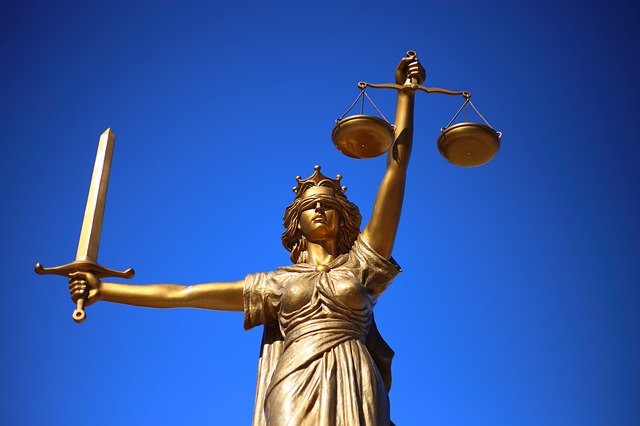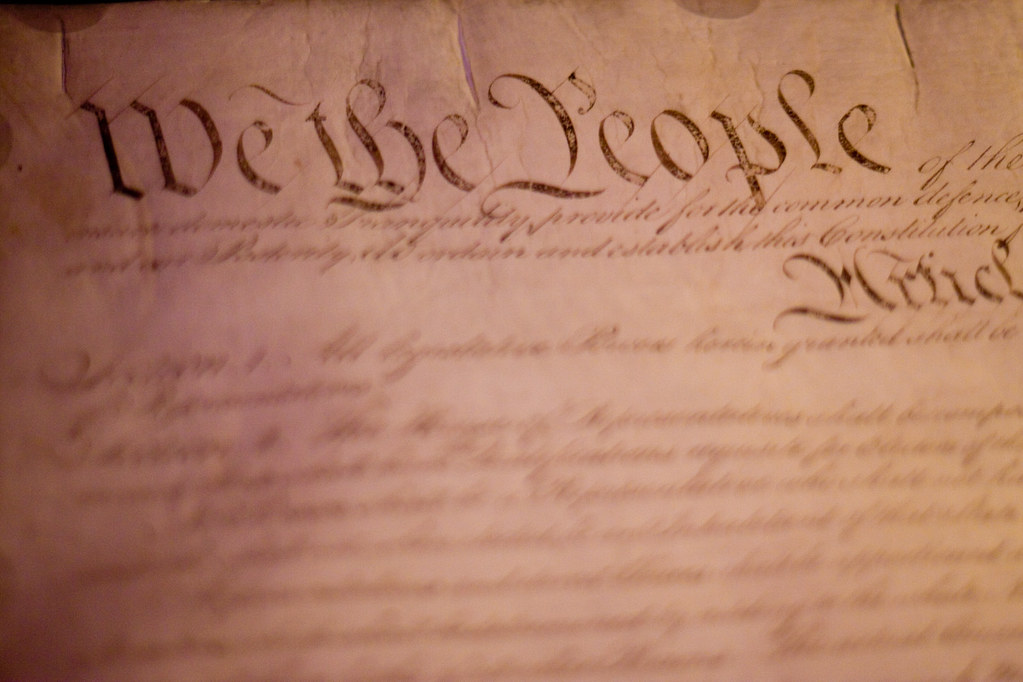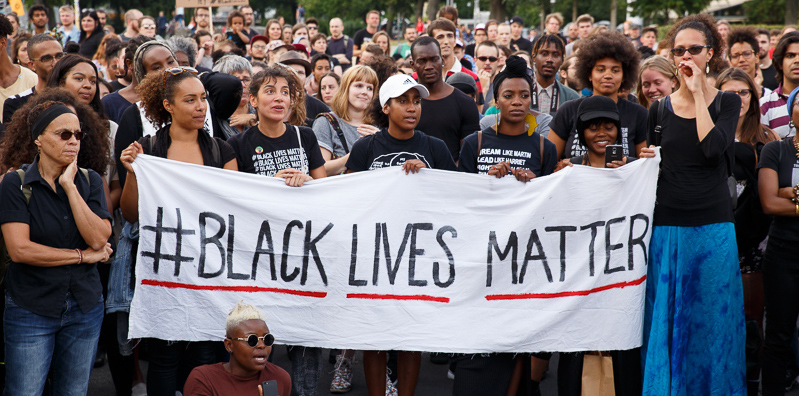
Underprosecution Too
Read Full Article (PDF)
Underprosecution Too
This Article makes two main contributions to existing literature. First, it asserts that in deciding whether to pursue sexual assault charges, prosecutors should not rely on the convictability standard. Assessing evidentiary sufficiency in sexual assault cases through the lens of a hypothetical jury is misguided because it incorporates a myriad of jurors’ extralegal considerations of victims’ behaviors, consisting of racialized, gendered, class, status and other prejudices and biases against victims.35 Declining to prosecute sexual assault based on the convictability standard not only perpetuates unwarranted misconceptions about certain victims, but also reinforces their marginalization by exacerbating the legal system’s unequal and discriminatory treatment. Instead, this Article proposes the reasonable prosecutor’s evidentiary sufficiency standard under which prosecutors should take into account only legal factors directly relevant to the evidentiary strength of the sexual assault case at issue.36 This proposed standard asks only whether a reasonable jury could convict the defendant based on the admissible evidence, rather than predicting whether jurors would likely do so.
Michal Buchandler-Raphael
Assistant Professor of Law, Widener Commonwealth Law School


